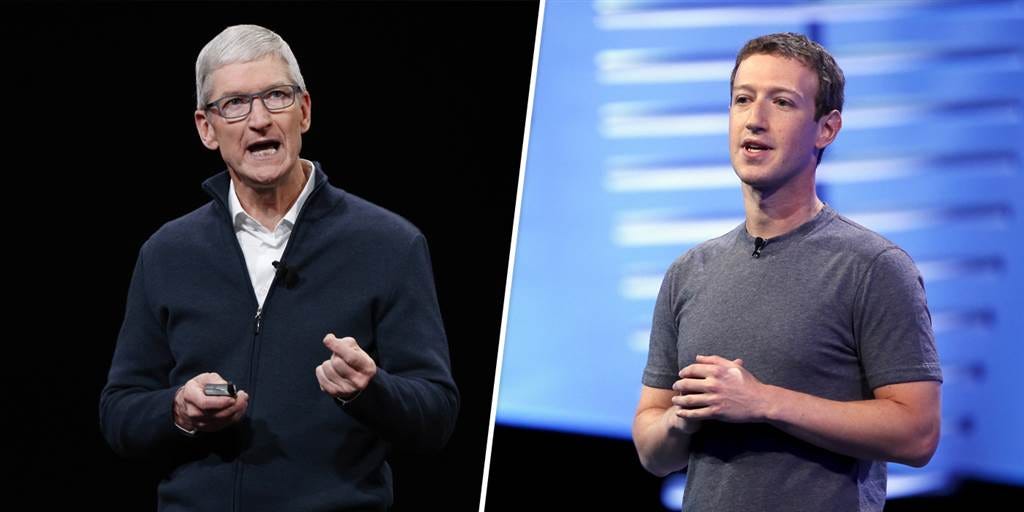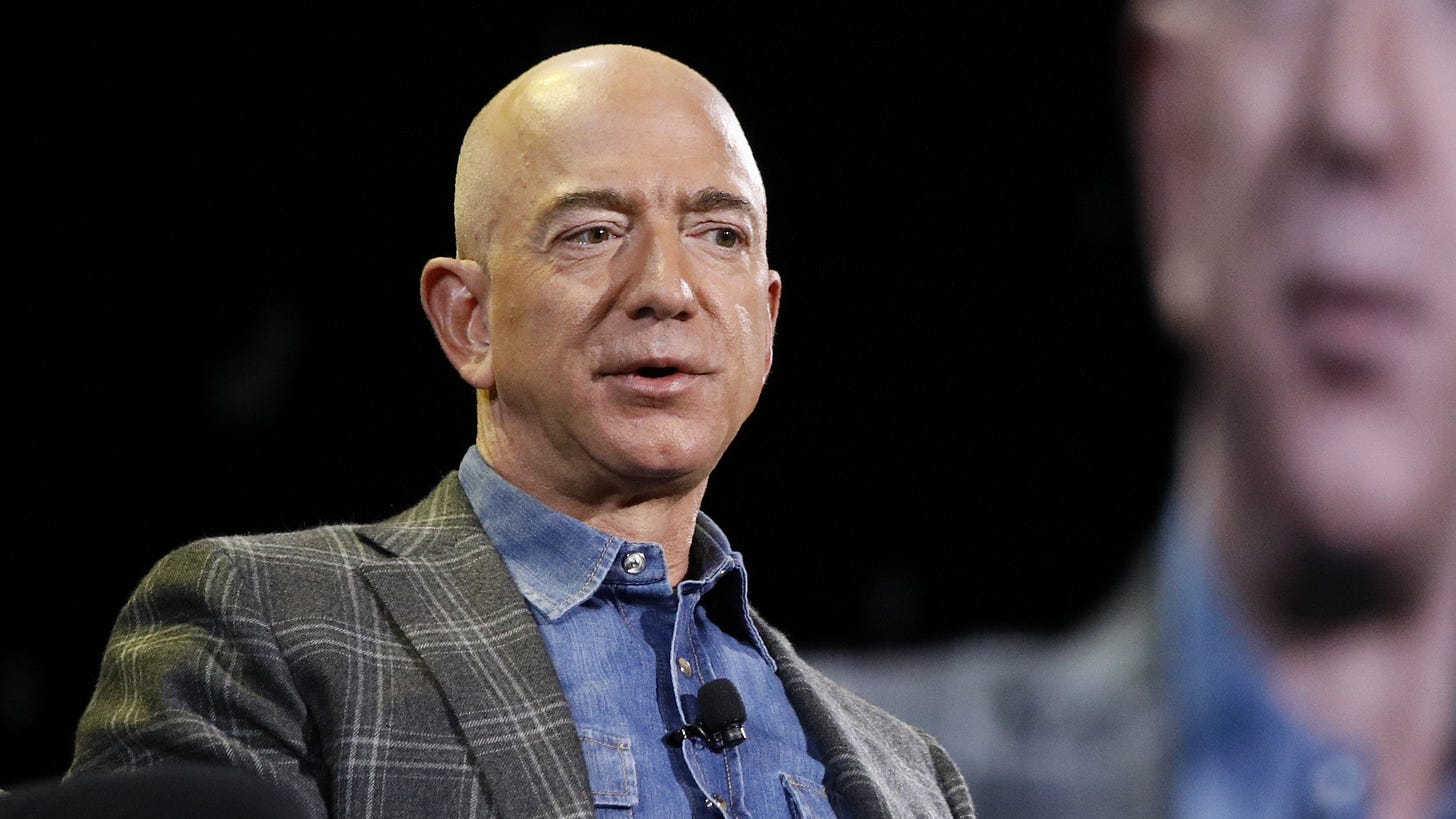Ask Michael: How should I market my small business?
Plus: A new book on our loneliness crisis, the absence of Black nostalgia in Super Bowl ads and a stylish upgrade my T-shirt collection.
Ask Michael is The Supercreator’s weekly Q&A dedicated to minimizing the guesswork, overwhelm and frustration from your creative life. This week’s reader-submitted question: I’m the founder of a new jewelry brand launching next year. How should I approach marketing my business?
Congrats on the new business! It took a lot of learning the hard way that while marketing can be the difference between a profit and loss, it is unable to rescue a shitty product, service or experience. So before marketing can do its thing, I encourage creators to make sure the product, service and experience you’re offering deliver enough value that your dream customers are willing to pay for it.
With that said: What is marketing, anyway?
Everyone talks about it, every professional does it and every creative business needs it — but no one can seem to agree on a consistent definition. (Search “What is marketing?” And Google will return about 6,280,000,000 results.)
When I write about marketing at The Supercreator, I’m referring to “the art and science of sharing valuable content and relevant messaging with the people you’ve chosen to serve to confirm they’re interested, motivated, qualified and inclined to answer your call to action before you ever ask.” But if that’s too much to chew on, then just define marketing as “the act of getting noticed so you can get paid.”
Marketing accepts that everyone who discovers your offering does so with different hopes, dreams, desires and fears. Marketing relies on empathy, analytics and creativity to personalize their experience so they feel seen, heard and acknowledged before, at and beyond the “Buy Now” button.
Think of marketing in three layers: On the bottom is direct marketing, in the middle is product marketing and on top is brand marketing.
Brand marketing relies on emotion, personality and storytelling to attract attention to your product and promote the values, causes and ideas your creative business or side project stand for. Modern consumers are overwhelmed with products that solve the same problems and satisfy the same desires as yours. So if you attempt to differentiate on product, you’ll just sink in a sea of sameness. But no one has the look, feel and sound of your brand. So share it to your advantage.
Product marketing is the content and copy that creative professionals craft to drive demand and adoption of their products. Before you promote your product, product marketing includes positioning, messaging, gathering customer feedback and planning your go-to-market strategy. Once you’ve launched, your product marketing efforts will shift to delivering the maximum value your product promises to customers, requesting feedback on how to improve the product experience and enabling customers to refer their friends to your product.
Direct marketing presents a visitor or customer with a single call to action — to sign up for email updates, download a freebie, purchase a product, for example — and incorporates persuasion techniques and consumer psychology to generate conversions. As a rule of thumb: The less familiar with or interested in your creative work someone is, the less direct your marketing activities will be.
It also helps to realize that marketing starts and ends with people. That’s where segmentation, which is just a fancy word to describe the process of organizing your community into groups based on a set of shared characteristics, comes in. Segmentation enables you to identify the milestones, or significant actions and behaviors someone must complete during a campaign to achieve their desired outcome so you can create and deliver content and messaging that meets them where they are (and takes them where they want to go. (At The Supercreator, for example, I group people into three segments: Visitors, Non-Subscribers and Subscribers. Each segment gets its own content that’s designed to get them to sign up for the weekly newsletter, subscribe to the full Supercreator experience or make reading the newsletter a daily habit.)
Lastly, marketing requires humility. There’s no question your creativity is a valuable asset to your community. Your creative work is undeniably worth the consideration this knowledge will help you earn. But to assume you’re entitled to someone’s time and attention — their two most precious resources — because you made something useful for them is to set yourself up for a rude awakening.
Before someone ever realizes your creative work exists, they’re out in the world working and living as the best version of themselves. And when they decide they’re ready and willing to invest in a new experience, elevate their understanding about themselves and the world around them or redesign how they work or live, they’ll have no shortage of options to help them do it.
Marketing often doesn’t work for consumers because creators forget they’re starting out as a small fish in a big sea. The work of marketing is to transform yourself into a big fish in a small sea. That transformation doesn’t just happen because you have ambitions for yourself and your dream customers.
The same sentiment applies to me too. I’m equal parts student and teacher. Nothing I’ve written is mandatory. What I’m offering aren’t hard and fast rules. Feel free to take what you need and leave the rest. Chances are you’ll improve upon the ideas presented here and I’ll find myself learning from how you share your creative work with the people who want and need it the most.
What I Wrote This Week
Apple wants you to know it thinks Facebook sucks:
I’m skeptical — both as a tech consumer and critic — of business executives spewing righteous indignation towards their competitors because it’s often low-hanging fruit that distracts us from the reality that companies have an incentive to amplify the flaws of their rivals while soft-pedaling their own. I’m also exhausted from our culture’s dense CEO worship. As I wrote in an essay last month: “We accept as gospel the opinions of successful businesspeople on policy issues of which they often own no expertise, despite their fiduciary responsibility to their shareholders over the public good. Journalists, academics, activists and politicians have been sounding the alarm on the thorniness of new-economy ad-supported businesses long before Apple updated its mobile operating system and Cook turned up the heat on his critiques. But in this instance, it’s helpful to ignore the messenger and pay attention to the message. We now have more than a decade’s worth of proof that a free app of which you own none of the media you post to it is no longer a sufficient pretext for the preservation of an enterprise that enriches the wealthy and can be easily exploited at the expense of your personal data.
Another slow recovery from recession could lead to a digital creator boom:
The [Congressional Budget Office] also predicted that the US employment rate won’t return to the pre-pandemic level of 3.5 percent in February 2020 for the rest of this decade. Joseph Zeballos-Roig at Business Insider reports that the analysis suggests that many people could struggle to find work or re-enter the labor force even after the coronavirus outbreak is contained with vaccinations. We’ve seen this movie before: During the recovery from the Great Recession, the unemployment rate decreased and the economy added jobs every month from 2010 until the arrival of the current downturn. But the share of the working population had yet to fully recover due to rising inequality, inadequate labor demand and sluggish wages for working- and middle-class workers. As a result, millennials and Zoomers pioneered new careers as digital creators and influencers — a strategy a new generation of unemployed and underemployed Americans could turn to in the years to come. And if the CBO’s forecast is correct, then we must set the next generation of the creative class up to win better than we did the last.
Oh fun: Jeff Bezos is about to pour all his free time and money into his pet projects:
Good for Bezos. But this is terrible news for the rest of us. Because despite how benevolent billionaires like Bezos, Bill Gates and Mark Zuckerberg may seem, research shows that their earnings outpace their generosity which neutralizes the impact of their philanthropy. And a new study published in PLoS ONEjournal, based on an analysis of the language and emotions used by the Forbes list of the 100 richest people in tech, found that billionaires tend to draw more links between merit and employment compared with the general population. In other words, because of their “meritocratic ideology,” billionaires “believe their wealth is earned through effort and so they don’t question their financial position.” These claims track with the American mythology that has convinced generations of mostly white men and their female beneficiaries that their success is exclusively due to their talent, effort and achievement. I’m on record as arguing that a true meritocracy requires that we all have equitable access to a level playing field — an impossibility since American capitalism has displaced generations of Black people by redistributing economic resources from the have-nots to the haves and then deploying anti-democratic levers to maintain these distressing inequities. We’re in trouble if think billionaires gaining trillions and donating millions — a consequence of the regressive trickle-down economic policies of the Republican party — can stave off the urgent hurdles that face us at nearly every turn.
Thoughts and Things
There’s never really been a good reason for the Golden Globes to exist.
This book offers us a framework for solving the loneliness crisis that existed before and has been accelerated by the pandemic.
One way to protect the internet: Require that all tech products adhere to industry-wide safety standards and undergo testing before public release.
I’m going for the gold and getting my workspace in order with this pencil cup and document sorter.
Super Bowl ads love to revisit the ‘80s and ‘90s unless Black nostalgia is involved.
From the slouchy fit to the subtle denim panel, this not-so-basic T-shirt ticks all my boxes.
Shoutouts
I gave a talk on how I practice a daily writing habit to Compound Writing today and it was a thrill. Thanks to Stew Fortier for hosting me and the writers who made me feel at home. I’m also grateful to Rand Leeb-du Toit and Evan Armstrong for sharing my Clubhouse essay in their newsletters this week.
From The Archive
“The era of worker obsession” (published 3/17/20) — Amazon CEO Jeff Bezos pioneered the idea of relentless “customer obsession” as a key to business success. But as COVID-19 morphed into both a generational pandemic and the biggest news story of the year, reporting revealed that this consumer-focused approach often compromises the well-being of the workers who pick, pack, ship, and deliver Amazon’s inventory:
Strip away the founder idolatry that Americans possess for white men like Bezos, Facebook CEO Mark Zuckerberg and Apple founder Steve Jobs and we’d be able to call “customer obsession” what it really is: A business strategy for maximizing profit by giving consumers as many opportunities to give companies their money.
Executives and shareholders love “customer obsession” because it generates revenue that can be returned to them as value. Consumers love “customer obsession” because it’s turned convenience from a luxury into a commodity for their benefit — never mind the cost to workers — many of whom are classified as independent contractors and exploited by companies like Amazon due to their lack of employee protections. But our society views workers who organize in favor of living wages, safe working conditions and employee benefits as ungrateful and entitled greed mongers who should find another job if they don’t like their current one.
Among my many hopes for a safe and swift domestic and international recovery from the coronavirus is one that ushers us into an era of “worker obsession.”
One More Thing
So much truth in just 13 words. See you next week!









